Fermented foods have been a staple in various cultures for centuries, offering not only unique flavors but also numerous health benefits. Incorporating these foods into your diet can enhance gut health, boost immunity, and improve digestion. In this blog, we’ll explore the top 10 fermented foods, delve into what fermented drinks are, and answer common questions about fermented soft cheese and their shelf life.

1. Kimchi
A traditional Korean dish made from fermented vegetables, primarily napa cabbage and radishes, seasoned with chili pepper, garlic, ginger, and other spices. Kimchi is rich in probiotics, aiding in digestion and promoting a healthy gut microbiome.
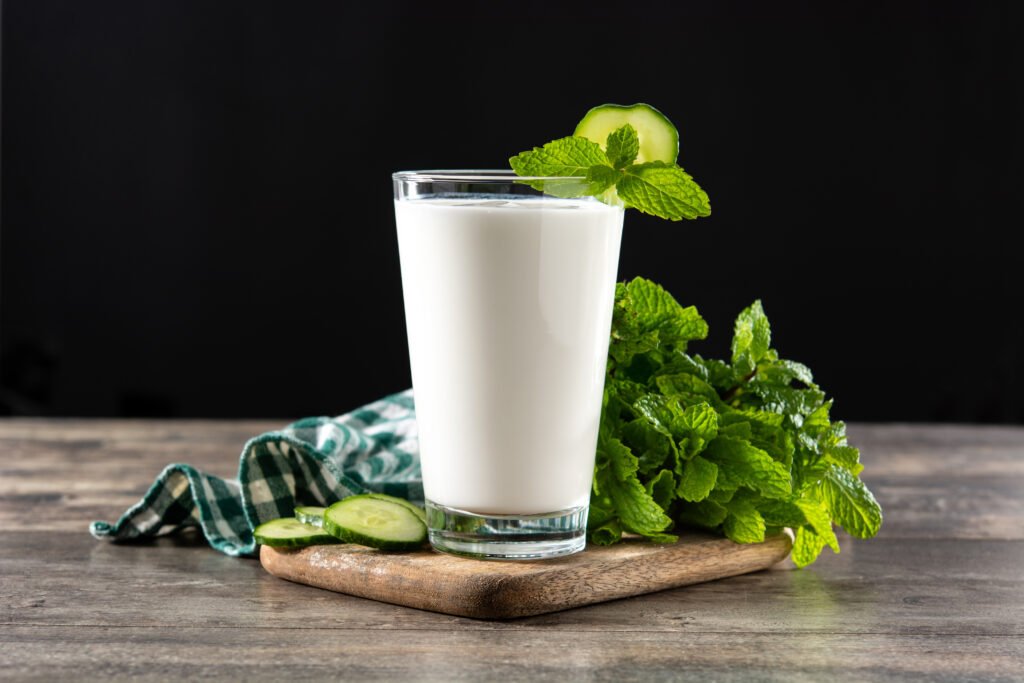
2. Kefir
Kefir is a fermented milk drink originating from the Caucasus region. It’s made by fermenting milk with kefir grains, which contain a mixture of bacteria and yeast. Kefir is known for its tangy flavor and is a good source of probiotics, calcium, and protein.
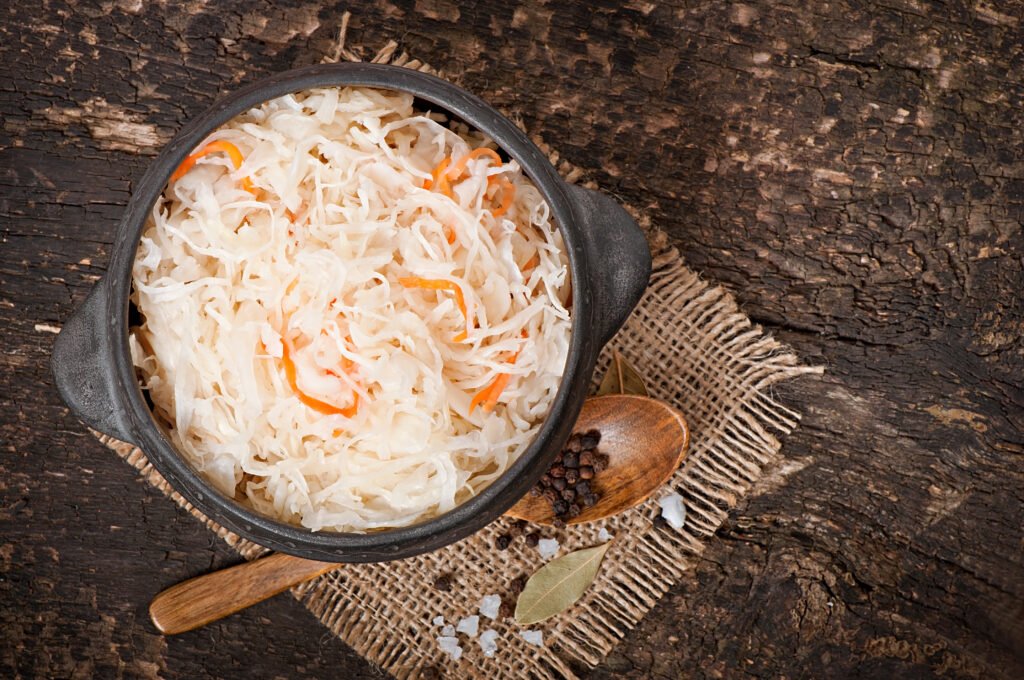
3. Sauerkraut
This German favorite is made from finely shredded cabbage that has been fermented by various lactic acid bacteria. Sauerkraut is low in calories and high in dietary fiber and vitamin C, supporting digestive health.

4. Kombucha
Kombucha is a fermented tea beverage made by fermenting sweetened tea with a symbiotic culture of bacteria and yeast (SCOBY). It’s effervescent and contains beneficial probiotics that can aid in digestion and detoxification.
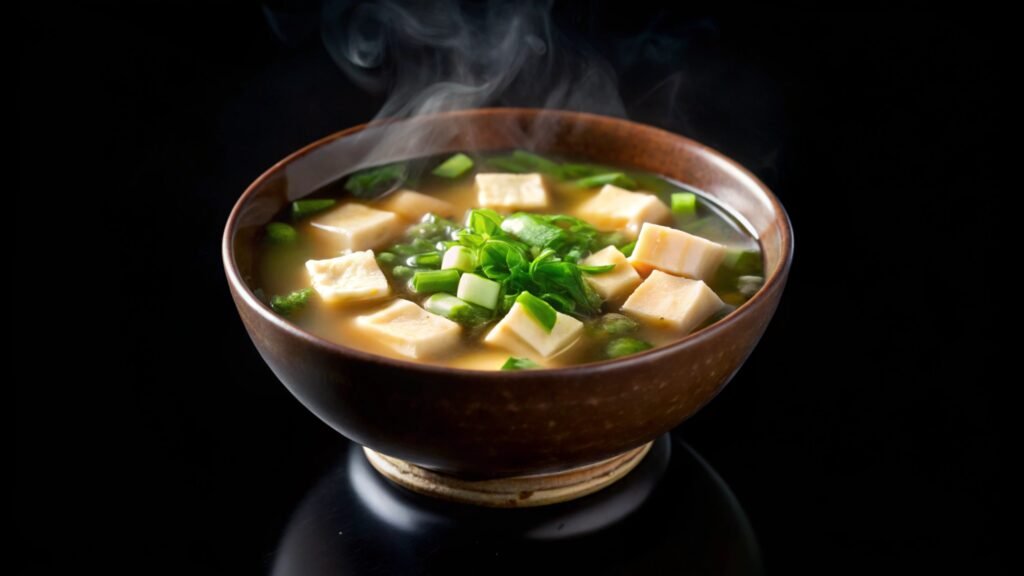
5. Miso
A traditional Japanese seasoning produced by fermenting soybeans with salt and a fungus called Aspergillus oryzae. Miso is rich in essential minerals and a good source of various B vitamins.
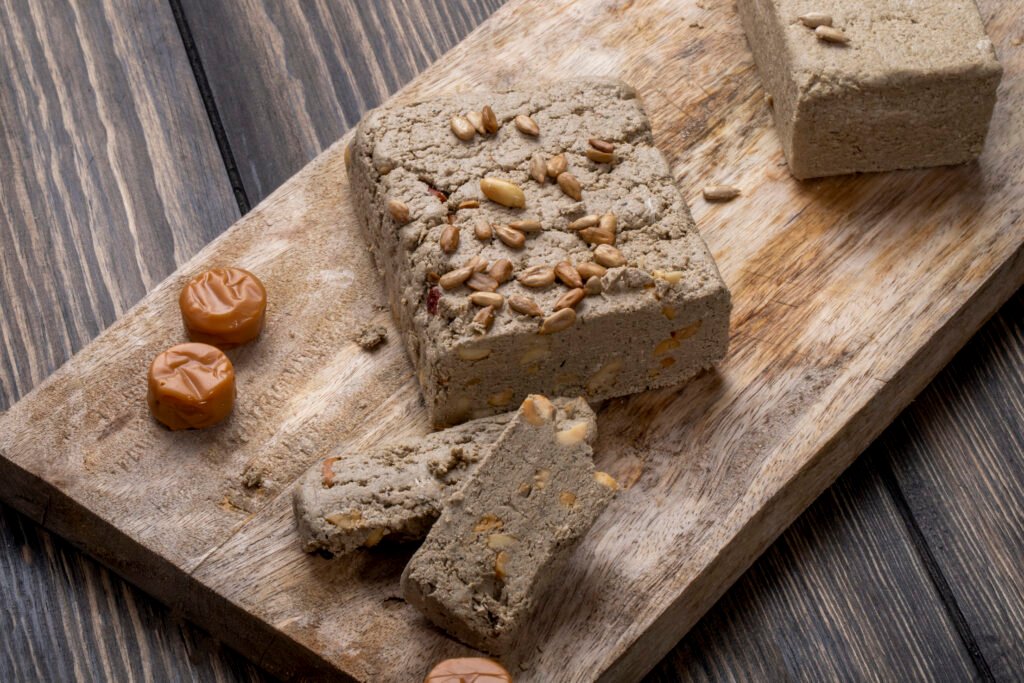
6. Tempeh
Originating from Indonesia, tempeh is made from fermented soybeans. It’s a firm, cake-like product that is high in protein, making it a popular meat substitute in vegetarian and vegan diets.
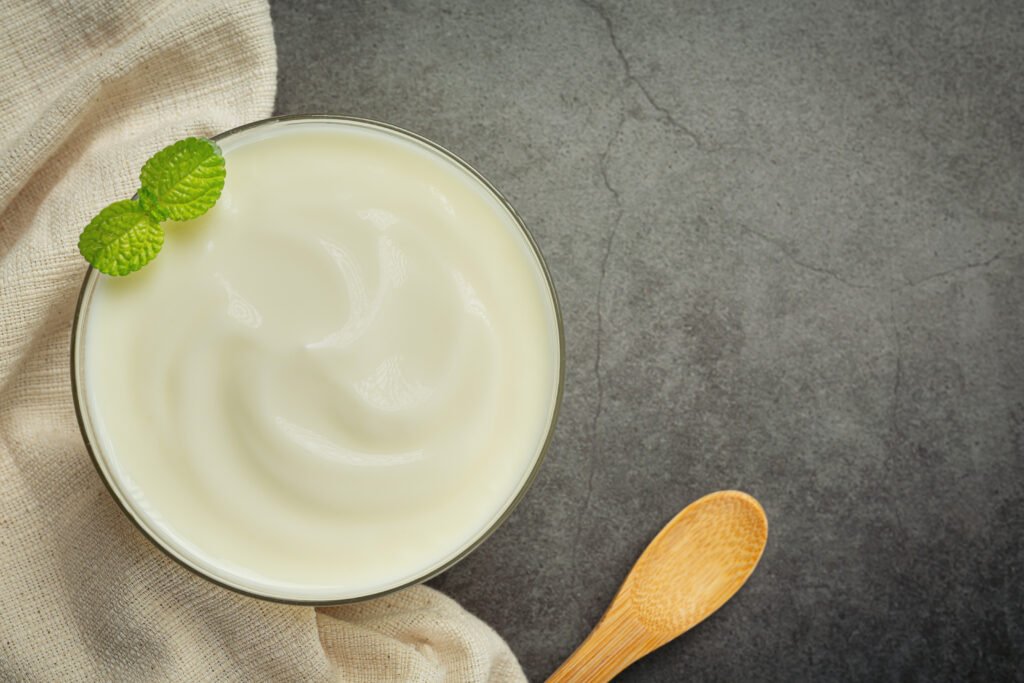
7. Yogurt
Yogurt is made by fermenting milk with specific bacterial cultures. It’s rich in calcium, protein, and probiotics, which are beneficial for gut health.
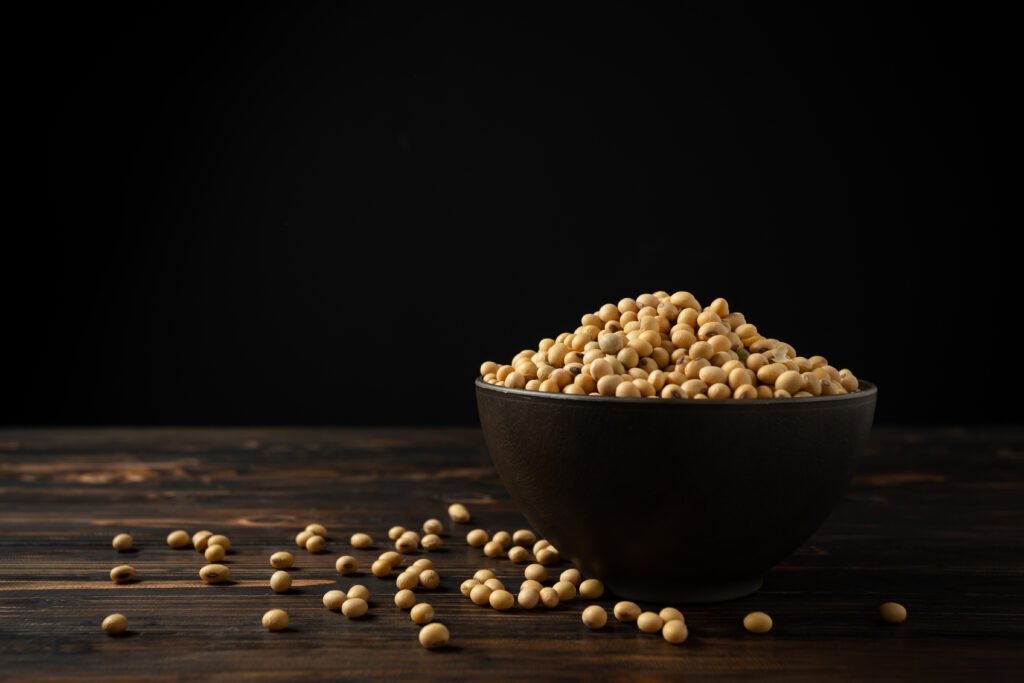
8. Natto
A traditional Japanese food made from fermented soybeans. Natto has a strong flavor and sticky texture, and it’s known for its high vitamin K2 content, which is essential for bone health.
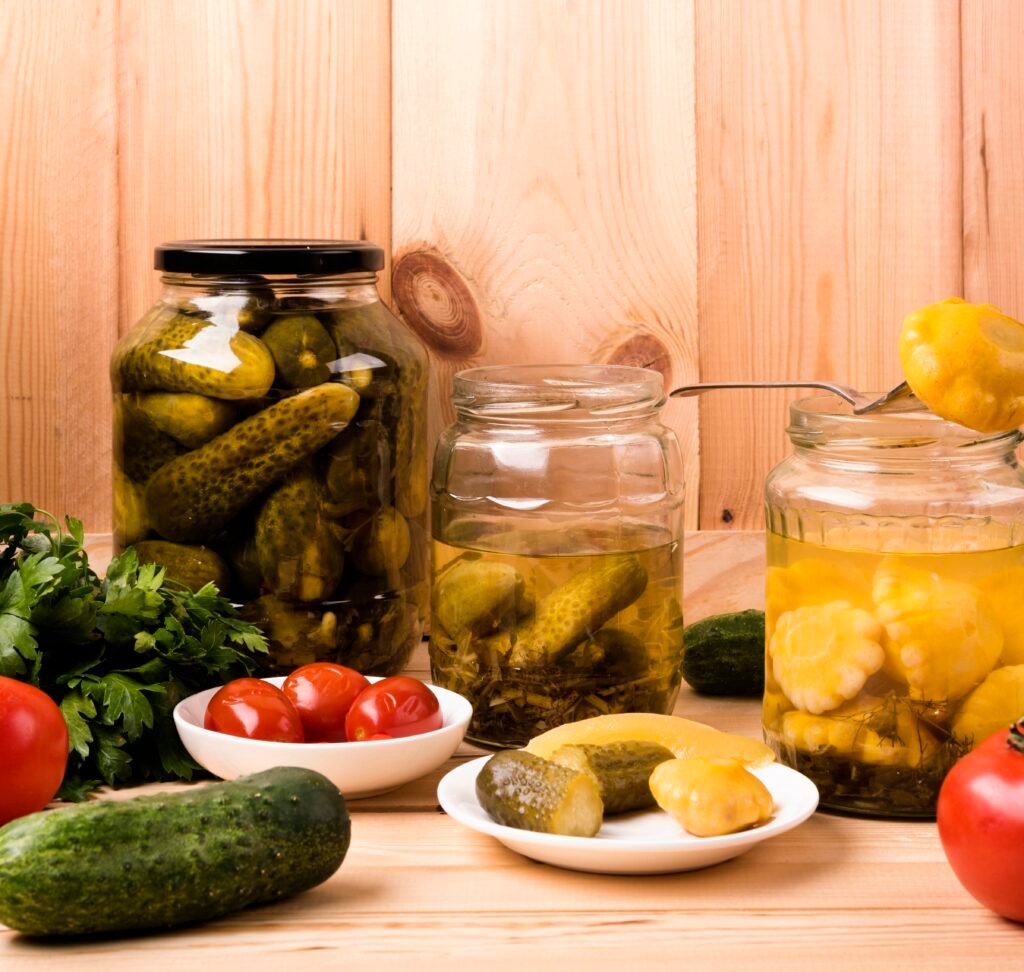
9. Fermented Pickles
Cucumbers fermented in brine or vinegar become pickles. Naturally fermented pickles contain probiotics and are low in calories, making them a healthy snack option.
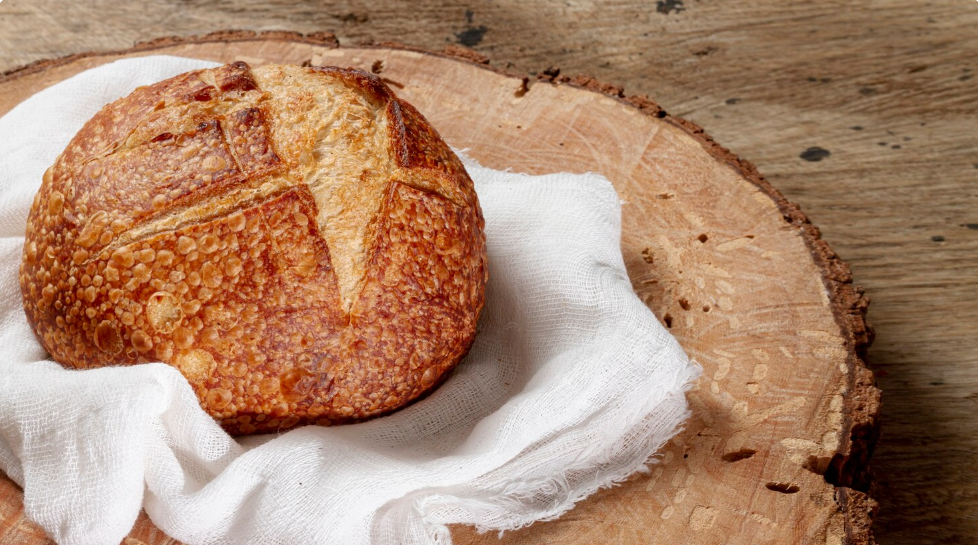
10. Sourdough Bread
Sourdough is made by fermenting dough using naturally occurring lactobacilli and yeast. The fermentation process gives sourdough its distinctive tangy flavor and makes it easier to digest.
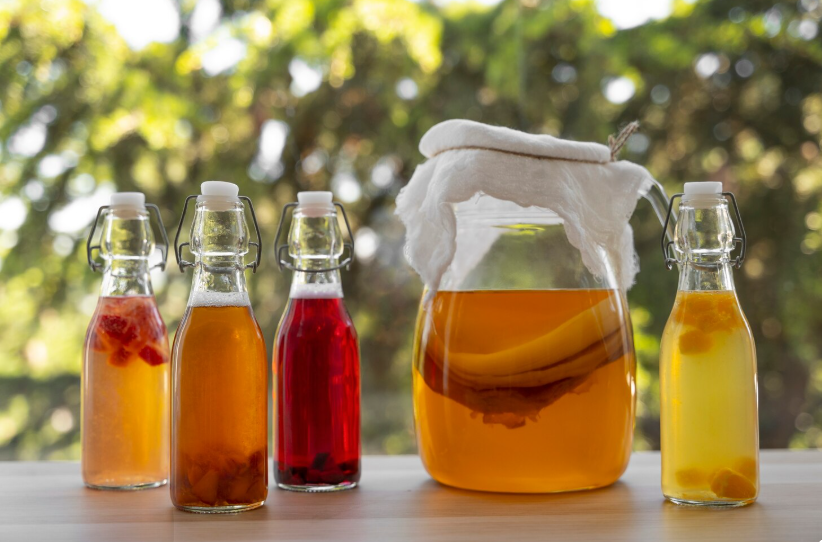
What Are Fermented Drinks?
Fermented drinks are beverages produced through the fermentation process, where microorganisms like bacteria and yeast convert sugars into alcohol or acids. Examples include kombucha, kefir, and kvass. These drinks often contain beneficial probiotics that can support gut health and digestion Nourished Kitchen.
Organic Fermented Vegetables: A Gut-Friendly Choice
Organic fermented vegetables are made by fermenting vegetables without the use of synthetic pesticides or fertilizers. This process enhances the bioavailability of nutrients and promotes the growth of beneficial bacteria. Incorporating organic fermented vegetables into your diet can support digestive health and provide essential nutrients ARS.
What are fermented foods?
Fermented foods are foods that have undergone a natural process where microorganisms like bacteria and yeast convert sugars into acids, gases, or alcohol, enhancing flavor, shelf life, and health benefits.
What are fermented drinks?
Fermented drinks are beverages like kombucha, kefir, and kvass, made by fermenting sugars with bacteria and yeast, providing probiotics that support digestion and gut health
Are organic fermented vegetables healthier?
Yes, organic fermented vegetables are grown without synthetic pesticides or fertilizers. They are rich in probiotics, nutrients, and antioxidants, promoting better gut and overall health.
